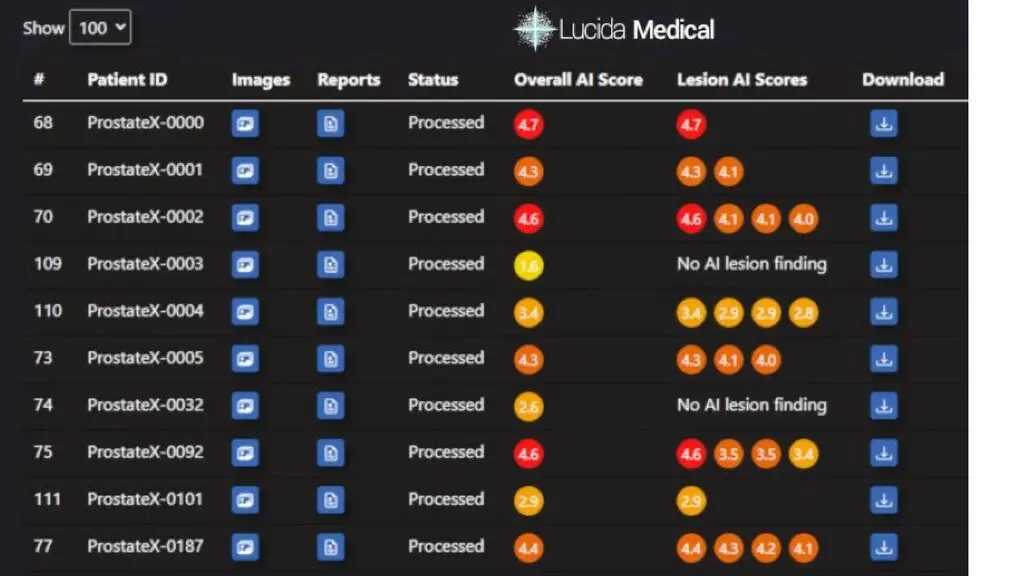Leeds Teaching Hospitals NHS Trust (LTHT) is piloting a transformative new artificial intelligence tool aimed at enhancing the diagnosis of prostate cancer.
In collaboration with Lucida Medical, LTHT is testing the Prostate Intelligence tool, an advanced AI and machine learning software designed to identify prostate cancer lesions from MRI scans. Prostate cancer is a pressing health issue, as it is the most common cancer among men, with one in eight men in the UK diagnosed during their lifetime. The risk is significantly higher for black men, with one in four facing a diagnosis.
The current diagnostic pathway for prostate cancer is complex. By utilising this AI software, LTHT aims to expedite the diagnostic process and prioritise patients with cancer, potentially enabling radiologists to report on more cases daily. This software may also allow for quicker biopsy appointments. MRI imaging is crucial in diagnosing prostate cancer and guiding targeted biopsies.
Dr Oliver Hulson, a consultant radiologist at LTHT, remarked, “Our goal is to determine if this AI tool can accurately identify prostate cancer without underestimating or overestimating the likelihood based on MRI scans. If successful, this could enable us to streamline our prostate cancer pathway and reduce the waiting time for a biopsy from the current two to three weeks to less than one week. Ultimately, faster diagnosis means faster treatment and better outcomes for our patients.”
Hulson added, “The aim would be to provide our patients with a rapid diagnostic approach, or ‘one stop shop’ where they could potentially have their MRI scan in the morning, reviewed by the radiologist with the benefit of the AI tool, and if needed, plan for their biopsy that afternoon, performing all their investigations in a single day, rather than over weeks as is the case currently. This would of course reduce their anxiety whilst waiting for tests and would provide their results as quickly as possible.”
The ongoing study involves comparing AI-generated results with real-world outcomes for 100 patients who have recently completed the prostate cancer pathway. The software aids radiologists by highlighting potential areas of concern on MRI scans and assessing risk scores and prostate size, which are crucial for biopsy and treatment decisions. Utilizing AI algorithms, the tool analyses prostate MRI images, having been trained with MRI and biopsy data from patients in the Netherlands and the UK.
In clinical practice, the AI software would operate automatically upon completion of a patient’s MRI scan, making the AI outputs available for the clinical team’s review. Lucida Medical has played a significant role in the introduction of this software, with additional support from LTHT’s medical physics team and academic partners who facilitated the image transfer and analysis processes.
As the project develops, the team aims to demonstrate that the AI software is both sensitive and specific in identifying prostate cancer, with the potential to revolutionise the diagnostic pathway and accelerate patient care.
This pilot project by Leeds Teaching Hospitals NHS Trust represents a significant step forward in the use of artificial intelligence in medical diagnostics. The success of this trial could pave the way for faster and more accurate prostate cancer diagnoses, ultimately improving patient outcomes.

